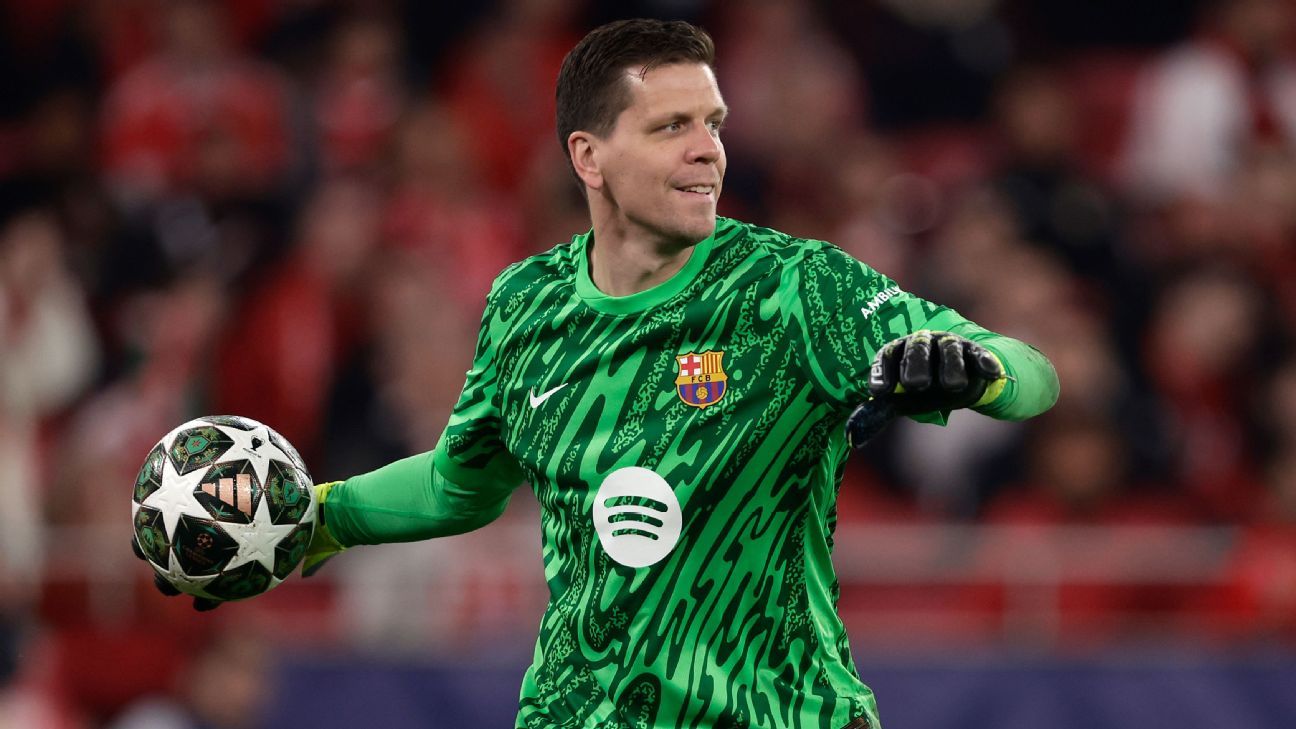
American 17-year-old sprint sensation closes in on Usain Bolt’s mark at Olympic Trials
By running the fastest time in the men’s 200m heats during Friday’s US Olympic Team Trials in Eugene, 17-year-old Erriyon Knighton not only improved his own World Under-18 record to 20.04 but moved up to second equal all-time in the world junior rankings behind Under-20 world record-holder Usain Bolt’s 19.93 from 2004. He still has two full years to go as a junior.
In his heat, Knighton defeated world champion and Olympic favourite Noah Lyles (20.19) and Fred Kerley (20.41), who has already qualified for the 100m. On this form, he would seem to have an excellent chance of making the team for Tokyo.
The battle will be competitive as 10 athletes went sub 20.5 in this first round, while there was an interesting qualifier in 11th – the 2008 Olympic 400m champion LaShawn Merritt, who ran 20.53. His best time is 19.74 from 2016, the year he was sixth in the Rio final.
The women’s 200m reached the semi-final stages and also saw astonishing depth as Kynnedy Flannel ran an Olympic qualifier of 22.46 and did not even make the final.
As in the heats, the fastest in the semis was Gabby Thomas as she improved her day-old world lead and PB to 21.94.
The 2018 NCAA champion, who has never competed in a major international event, was joined on sub-22 by 2016 Olympian Jenna Prandini, who improved her PB to 21.99.
The third-fastest time of the semi-finals was set by 2012 Olympic champion Allyson Felix, who ran her fastest time for five years with 22.20 and puts her on course to qualify for her second event at Tokyo, having already been third in the 400m trials earlier in the week.
The only track final of the day was the men’s steeplechase, which saw a dramatic race.
Isaac Updake blasted a 63.28 penutimate lap to lead at the bell but only ended up fifth as former Kenyan and Rio seventh-placer Hillary Bor closed with a 59.60 final circuit and 2:03.48 last 800m to win in 8:21.34.
Another Kenyan-born athlete, Benard Keter, was second in 8:21.81 while 3:35 1500m runner Mason Ferlic got the all-important third spot for Tokyo with 8:22.05, which gave him half a second over Daniel Michalski.
Hillary Bor celebrates his 3000m steeplechase win. Picture: Getty Images
The men’s discus, the one field final, saw modest distances but a competitive event with just 1.22 metres separating the top five.
The 2017 world bronze medallist Mason Finley, who only scraped into the final as tenth best, narrowly won thanks to a throw of 63.07m, with Reggie Jagers (62.61m) and Sam Mattis (62.51m) joining him in Tokyo.
Craig Engels qualified fastest in the men’s 1500m heats with 3:38.56.
The other semi-final was won by Olympic champion Matt Centrowitz, who produced the best finishing speed he has shown since Rio as his 38.24 last 300m gave him victory in 3:42.96, just ahead of NCAA champion Cole Hocker (3:43.00), who closed with a slightly faster 38.16.
Sydney McLaughlin opened her 400m hurdles campaign and her extravagant 54.07 was almost a second faster than anyone else as Olympic champion and world record-holder Dalilah Muhammad qualified for the semi-finals as fourth- quickest with a more restrained 55.51.
Kenny Selmon was quickest in the men’s semi-finals with a time of 48.51, while favourite Rai Benjamin won the other semi-final in 48.61.
NCAA 400m champion and world junior 800m indoor record-holder Athing Mu qualified as fastest for the 800m final with a 1:59.31 clocking in what should be a competitive contest with six athletes inside two minutes.
World champion Grant Holloway was fastest in the 110m hurdles heats with 13.11, with Daniel Roberts next best on 13.22.
The men’s long jump final should be competitive judging by the qualifying as just 10 centimetres covered the top seven. The field was headed by Rio fourth-placer and 2017 world silver medallist Jarrion Lawson’s 8.12m.
Olympic chammpion Jeff Henderson qualified seventh best with 8.02m.















 Phone: (800) 737. 6040
Phone: (800) 737. 6040 Fax: (800) 825 5558
Fax: (800) 825 5558 Website:
Website:  Email:
Email: 






